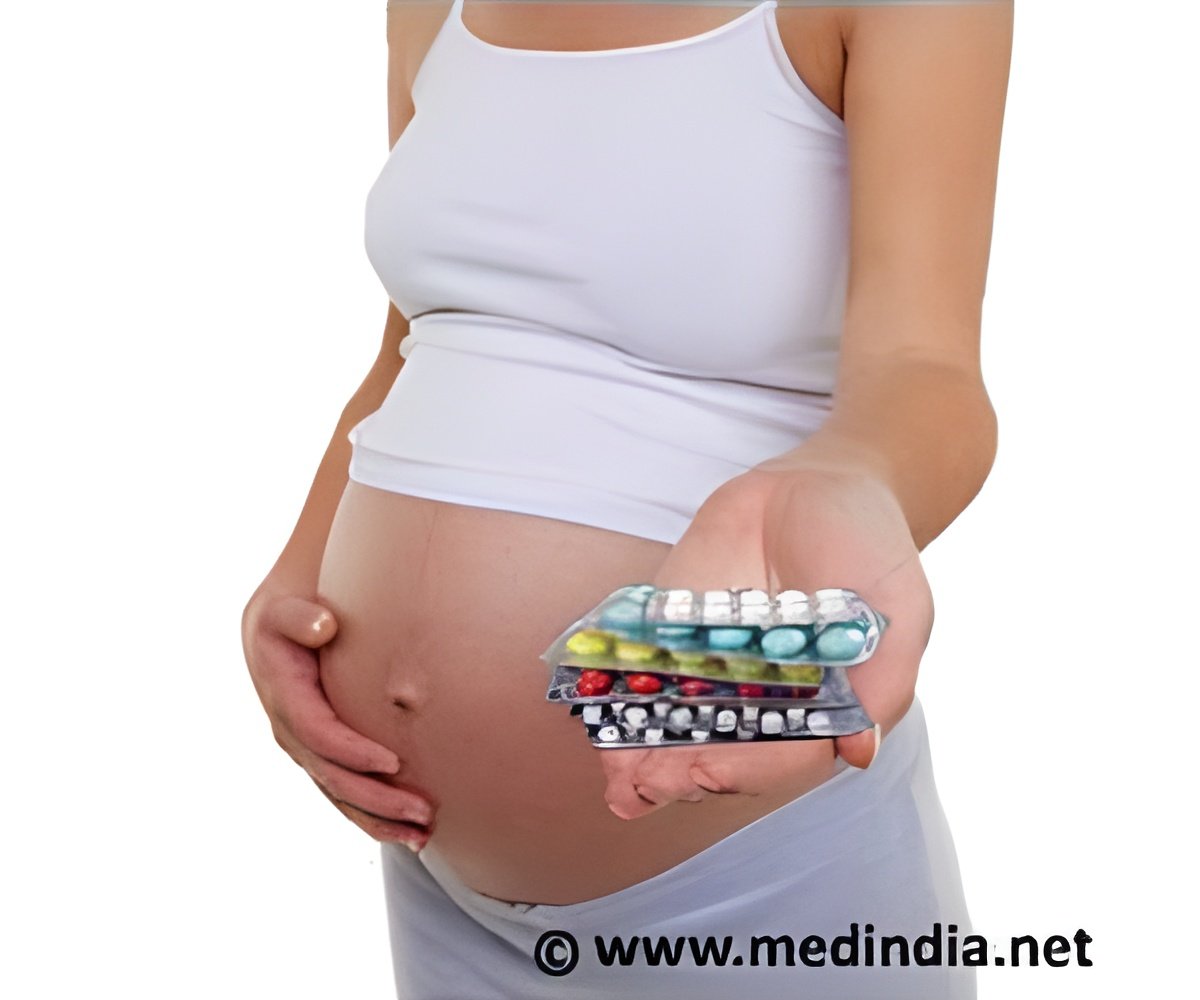Neonatal opioid withdrawal is a treatable condition but it requires care in a neonatal intensive care unit and can impact mother-child bonding.

The study shows that women prescribed opioids during the 100 days prior to delivery were more likely to undergo a Caesarian section and their babies had longer hospital stays and more outpatient physician visits.
Many of the women shifted from prescription opioids such as codeine or OxyContin to methadone as their due date got closer. Methadone is prescribed in Canada almost exclusively to people addicted to painkillers.
"Our findings suggest that most pregnant women treated with methadone over this time period were addicted to prescription opioids, not illegal drugs such as heroin, which is the common perception," said Dr.Turner.
The incidence of newborn opioid withdrawal, or neonatal abstinence syndrome, grew from 0.28 per 1,000 live births in Ontario in 1992 to 4.29 percent per 1,000 live births in 2011. 1,901 infants were diagnosed with neonatal abstinence syndrome in the final 5years of the study.
53 percent of women who were 100 days before delivery shifted to methadone from other opioids as delivery approached. It was found that those who switched to methadone delivered babies at term and the babies had higher birth weights compared to the mothers who misuse opioids.
Advertisement
Neonatal opioid withdrawal is a treatable condition but it can require care in a neonatal intensive care unit and that can impact mother-child bonding. Dr.Turner said physicians should consider the risk of addiction before prescribing opioids to all patients, especially women of child-bearing age.
Advertisement












